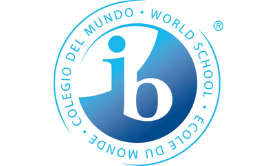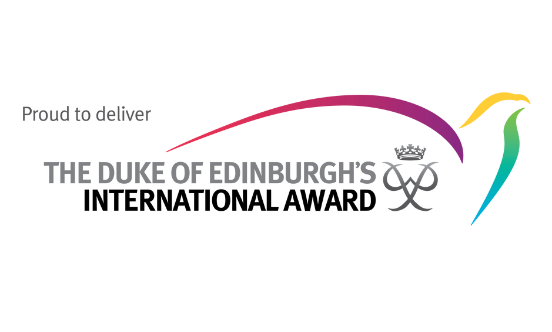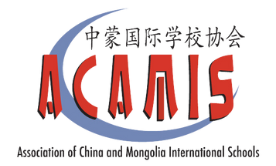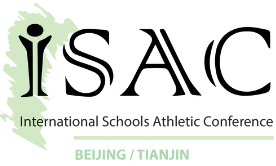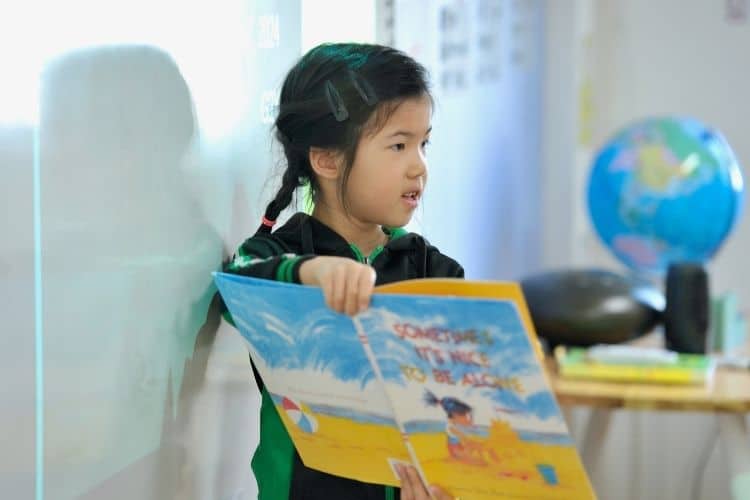IB DIPLOMA PROGRAMME
MEETING WORLDWIDE UNIVERSITY STANDARDS
The core of the Diploma Programme (DP) encourages students to contemplate the essence of knowledge, engage in independent research, and carry out a project that frequently includes community service initiatives.
GRADES 11-12
The International Baccalaureate (IB) Diploma Programme (DP) is a two-year high school programme for students aged between 16 and 19 that is made up of six subject groups and three core components, namely Theory of Knowledge (TOK), Creativity, Action, Service (CAS), and the Extended Essay (EE). As with other IB programmes, the DP incorporates strategies, skills and attitudes in its approaches to teaching and learning to promote global engagement, multilingualism and intercultural understanding.
By providing students with excellent breadth and depth of knowledge in their subjects and an opportunity to engage in independent research, impactful projects and academic reflection, the DP provides students with the tools to meet the demands of university education and thrive in international communities.

HIGH SCHOOL COMPLETION
We have two tracks available through which students may complete high school. Most of our students are registered for the full IB Diploma; a less demanding IB courses track is available for students who have external obligations, such as art portfolios or sports endeavours, or who would like to focus on particular subjects or on improving language proficiency.
- Six IBDP Courses
- Three or Four HL Subjects
- Extended Essay
- Theory Of Knowledge
- Community, Action, Service
- Four or Five IBDP Courses
- No Level Constraints
- Extended Essay - Optional
- Theory Of Knowledge - Optional
- Community, Action, Service
IB LEARNER PROFILE
We use the IB Learner Profile across our entire school. We value these 10 attributes highly and strive to help all students achieve each of them whilst here at BWYA. Hover over the images for more information.
IB LEARNER PROFILE
We use the IB Learner Profile across our entire school. We value these 10 attributes highly and strive to help all students achieve each of them whilst here at BWYA. Click the images for more information.
SUBJECT GROUP 1 - STUDIES IN LANGUAGE AND LITERATURE
Chinese A: Language & Literature
This course develops analytical skills in Chinese literature and non-literary texts. Students explore language complexities within Chinese cultural contexts, enhancing critical thinking and communication in Mandarin Chinese. The course balances literary analysis with an examination of language in media and contemporary communication.
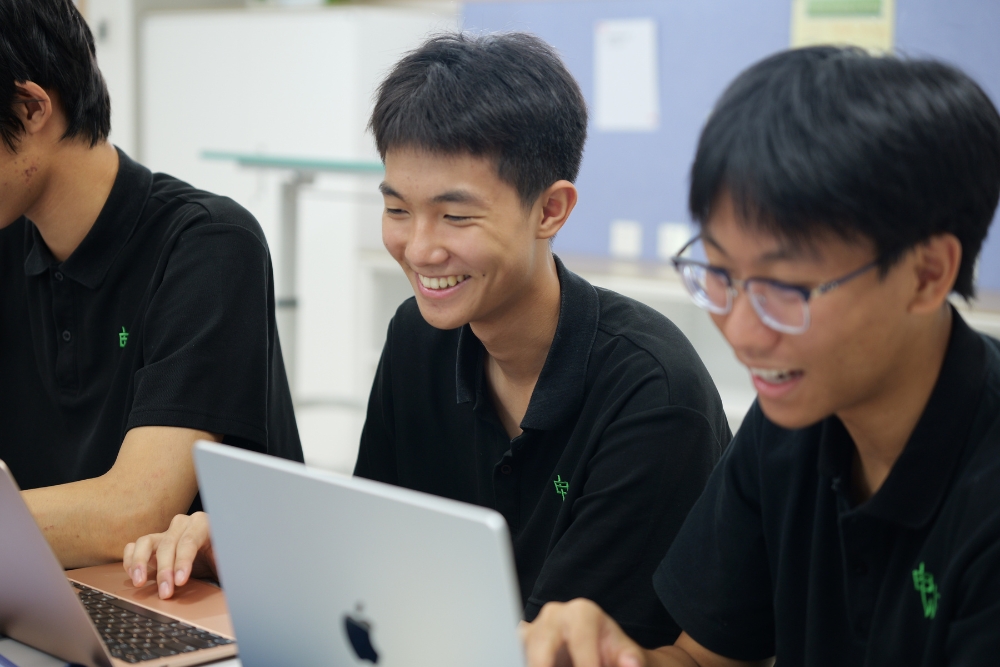
Korean A: Literature
Focusing on Korean literary works from various periods and genres, this course deepens students’ ability to interpret, critique, and appreciate Korean literature. Students refine their language skills through in-depth textual analysis, exploring themes and styles unique to Korean literary traditions.
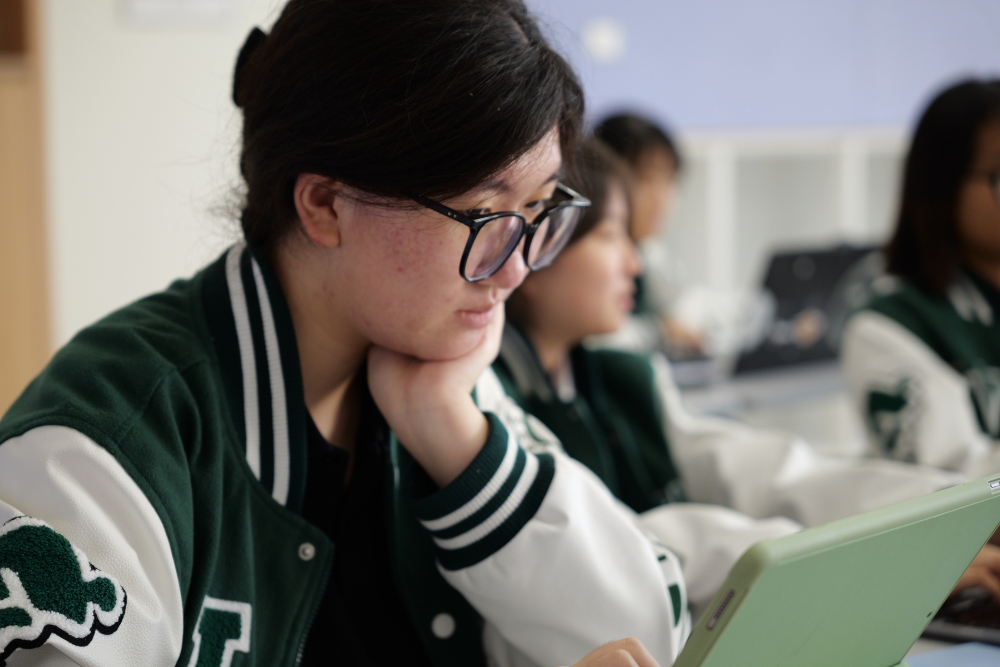
English A: Language & Literature
This course combines literary study with an exploration of language in cultural contexts. Students analyse diverse texts, from classic literature to contemporary media, developing critical thinking and advanced communication skills in English. The course emphasizes the relationship between language, meaning, and cultural identity.
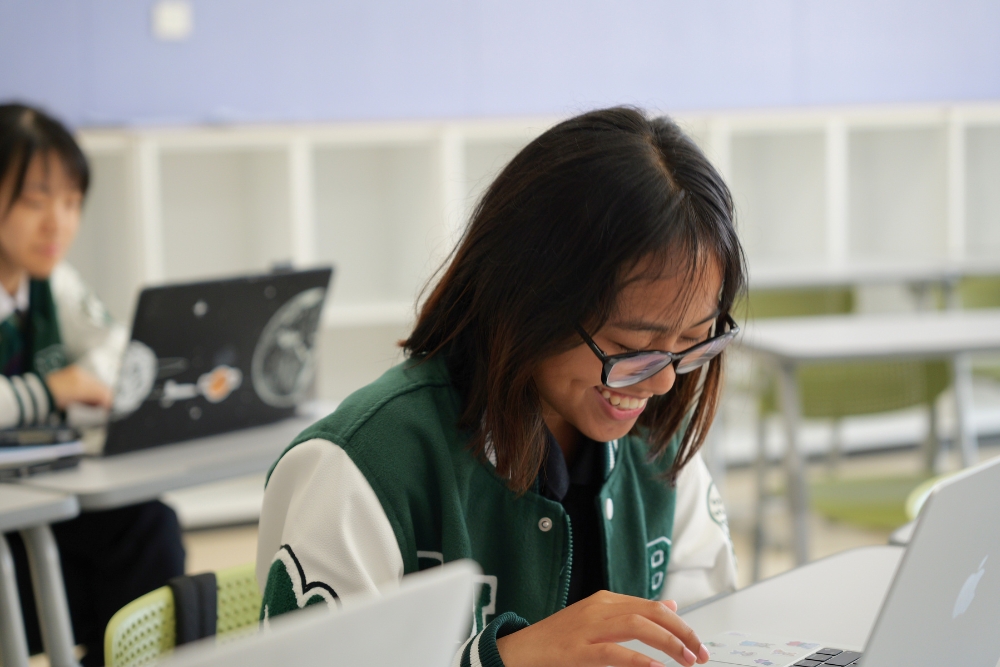
SUBJECT GROUP 2 - LANGUAGE ACQUISITION
Chinese
Designed for students learning Chinese as an additional language, this course develops communication skills in various contexts. It focuses on language fluency, intercultural understanding, and the exploration of Chinese-speaking cultures through authentic texts and themes.
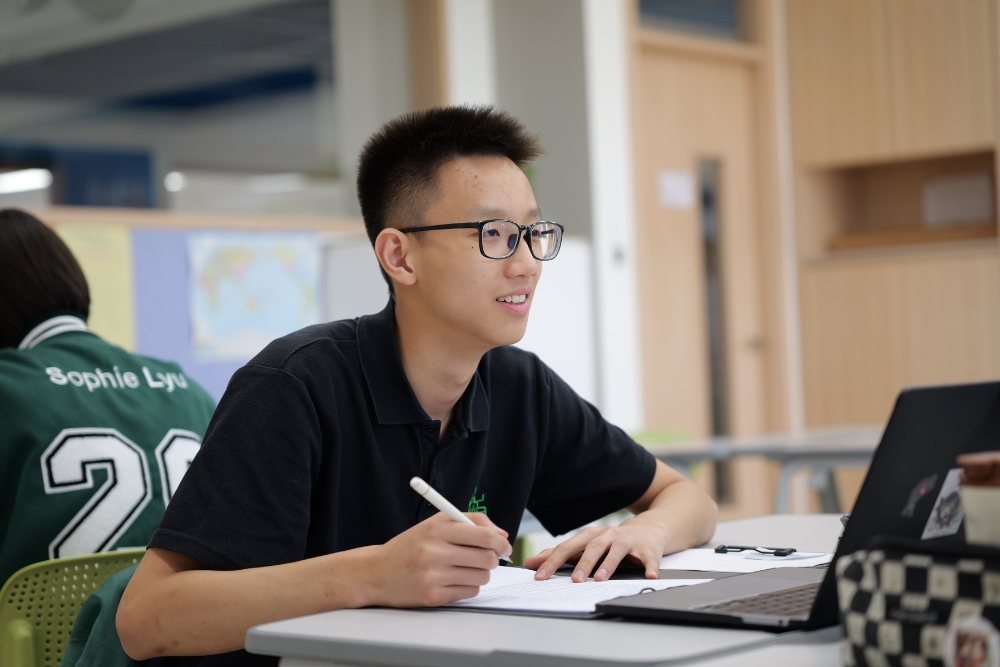
English B
This course is for students with English as an additional language. It aims to enhance linguistic abilities through the study of diverse texts and themes, developing effective communication skills in English across various global contexts. The course emphasizes both receptive and productive language skills.
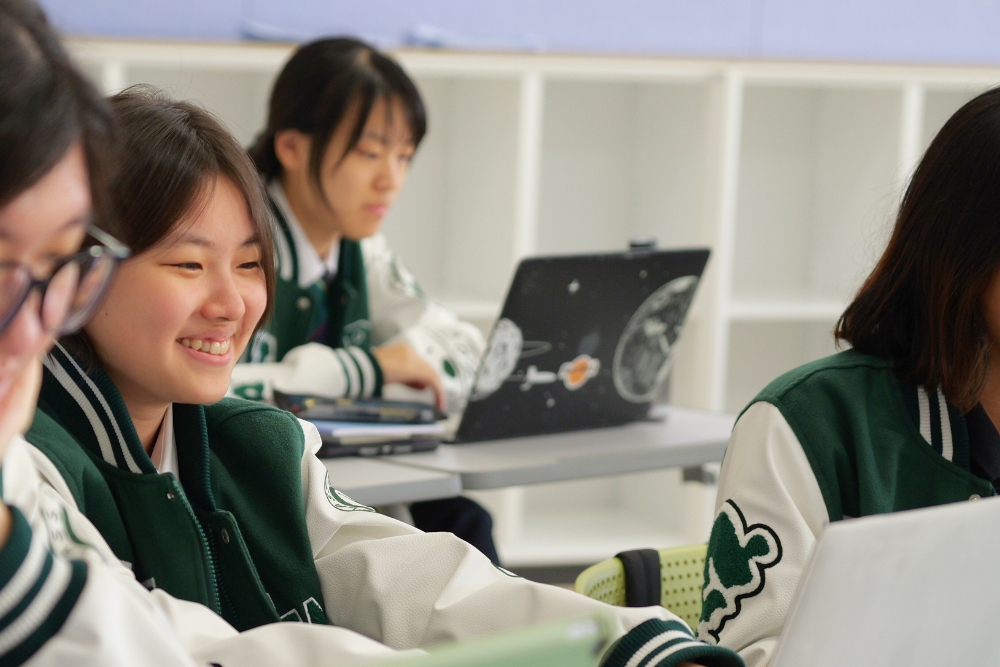
SUBJECT GROUP 3 - INDIVIDUALS & SOCIETIES
Business Management
Students examine business theories, practices, and skills, exploring key business functions and management processes. The course covers decision-making in local and global contexts, preparing students for further study in business or management roles. Real-world case studies and ethical considerations are integral to the curriculum.
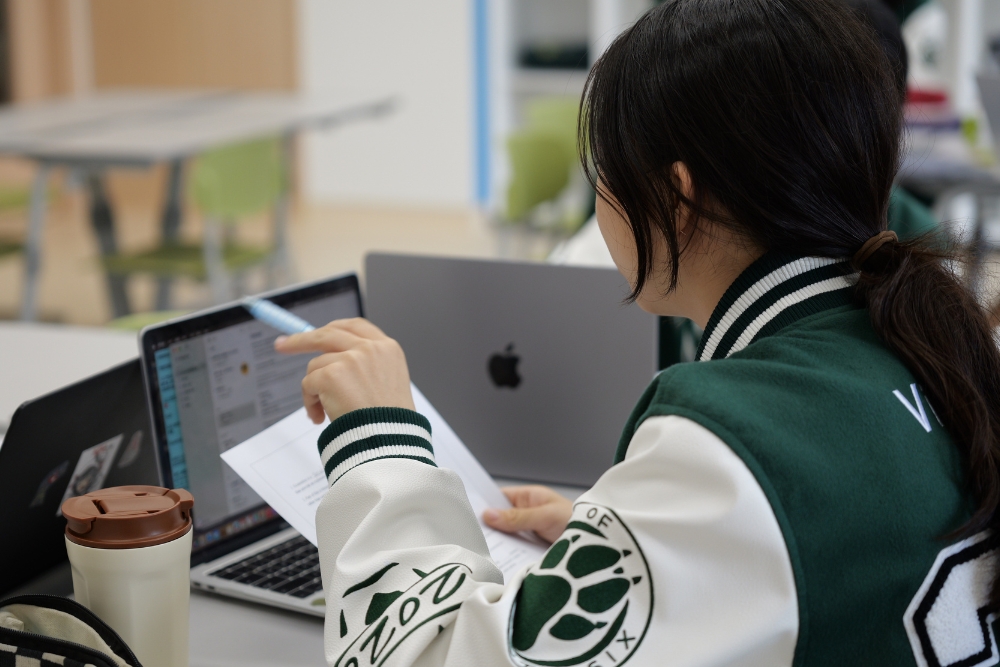
Economics
Covering microeconomics, macroeconomics, and the global economy, this course develops understanding of economic theories, models, and real-world applications. Students learn to think critically about economic issues, policies, and global interdependence.
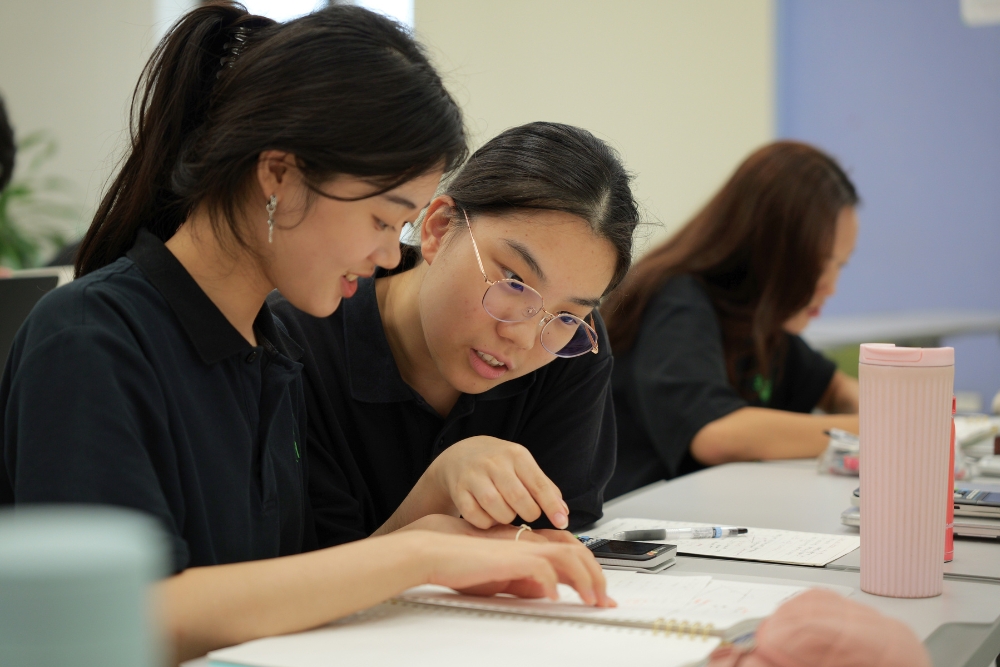
History
This course explores significant historical events, movements, and developments. Students analyse historical sources, develop research skills, and gain a deeper understanding of how past events have shaped our present world. The course emphasizes historiography and the interpretation of historical evidence.
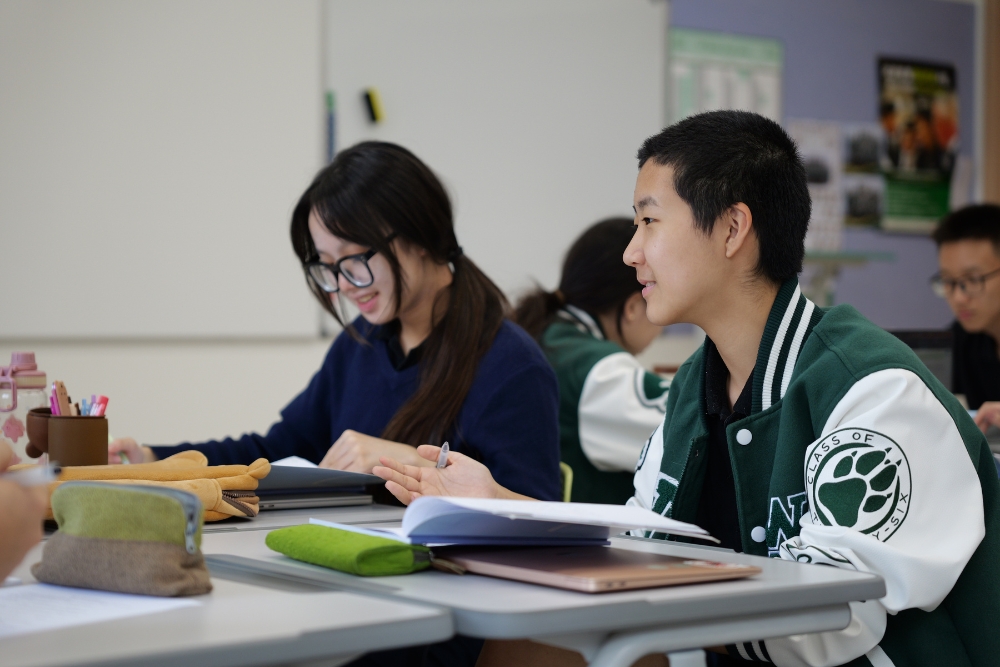
Psychology
Exploring human behaviour and mental processes, this course covers core topics and optional areas in psychology. Students develop an understanding of research methods, ethical considerations, and the application of psychological theories to real-world situations.
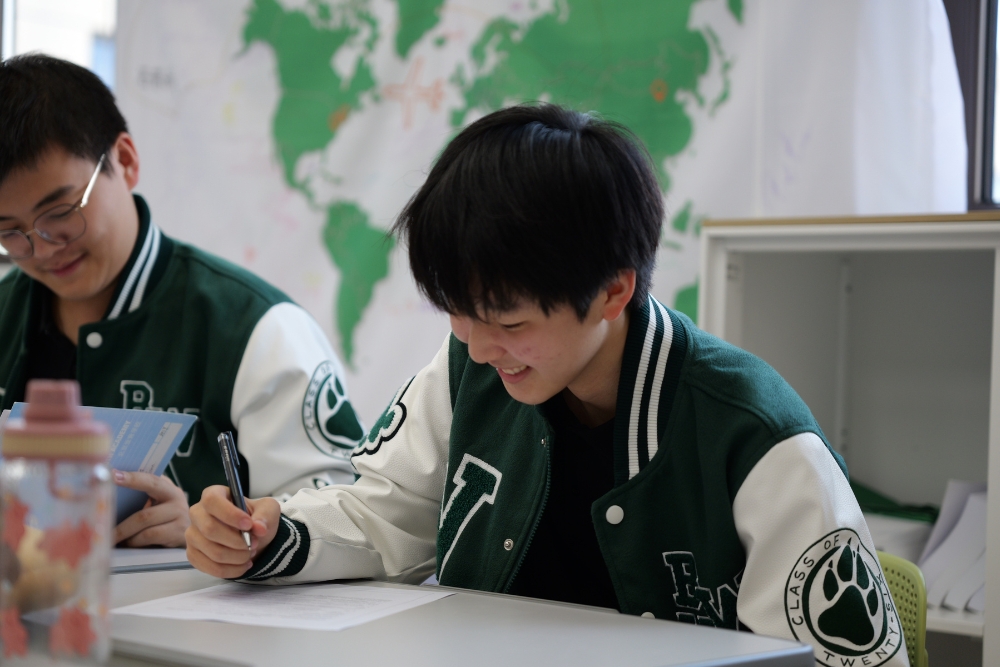
SUBJECT GROUP 4 - SCIENCES
Biology
This comprehensive course covers topics from cell biology to ecology. Through laboratory work and fieldwork, students develop practical skills and gain a deep understanding of life sciences. The course emphasizes the applications of biology in modern contexts, including biotechnology and environmental science.
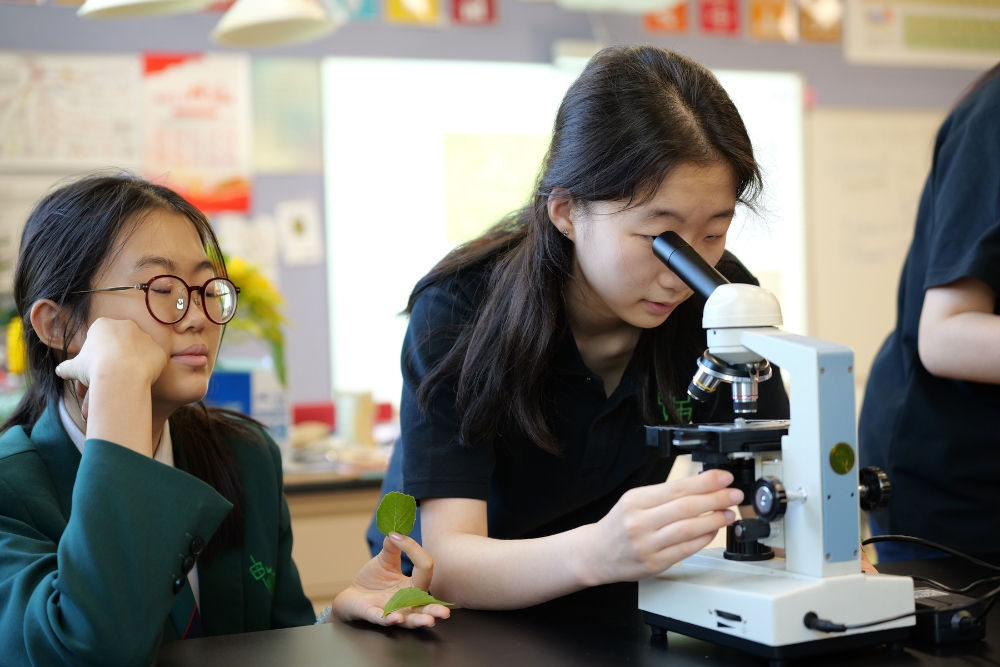
Chemistry
Students explore chemical principles through theory and practical work. Topics range from atomic structure to organic chemistry, developing analytical skills and understanding of chemistry’s impact on society and the environment. The course includes a focus on quantitative chemistry and laboratory techniques.
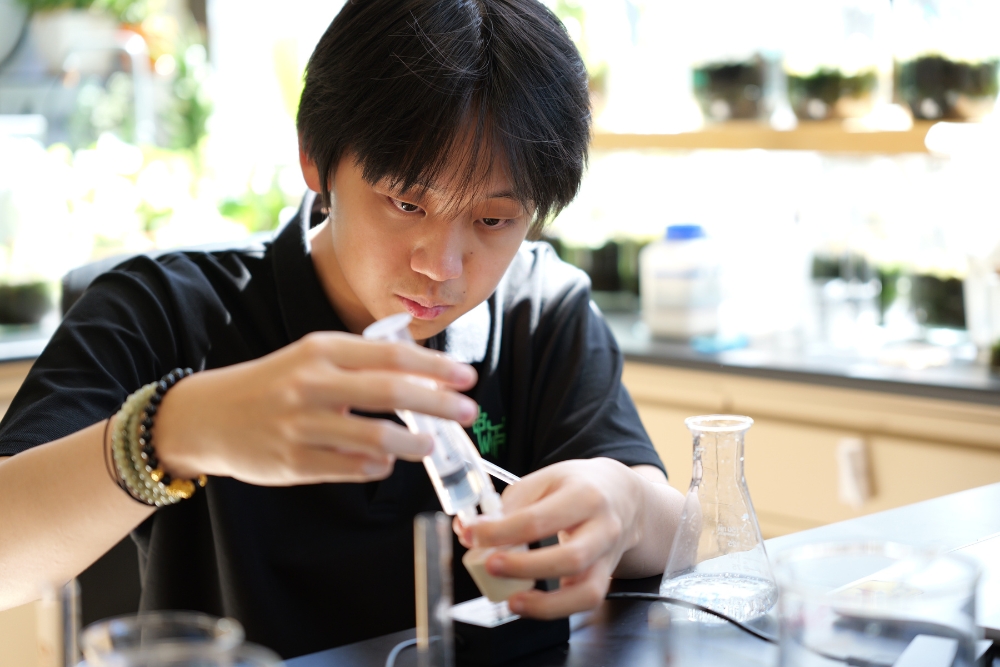
Computer Science
This course develops computational thinking skills through the study of computer science principles and practices. Students learn programming, system design, networks, and data structures while exploring the impact of computing on society. The course includes a practical project allowing students to demonstrate their programming skills.
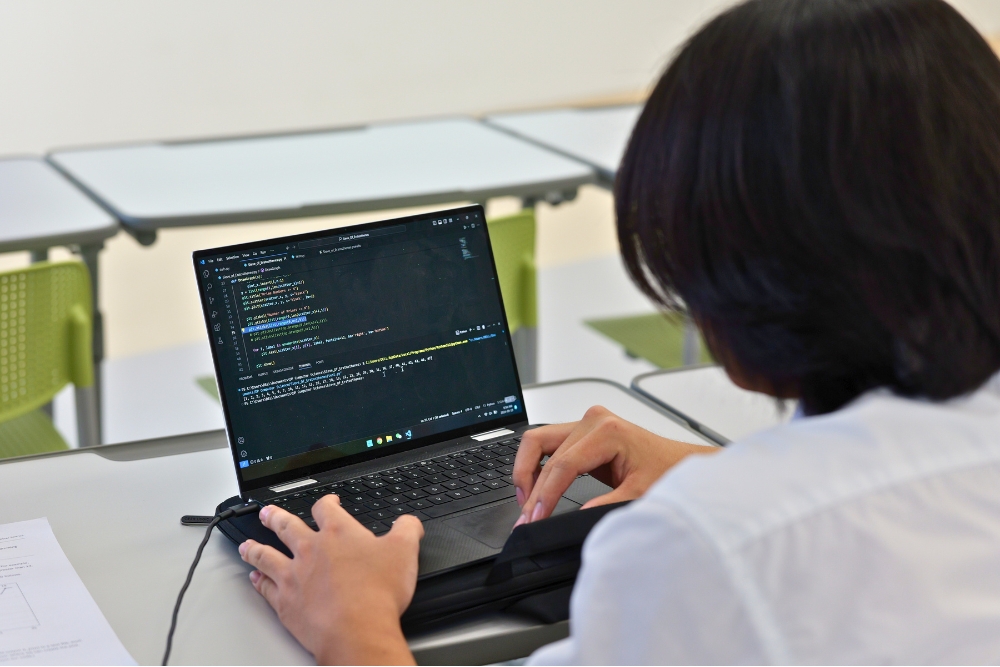
Design Technology
Exploring the design cycle from problem identification to solution evaluation, this course combines practical skills with theoretical knowledge. It encourages innovation and creativity in product design and development, with a focus on sustainability and user-centred design principles.

Physics
Students explore fundamental principles from classical mechanics to modern physics. Through theory and practical investigations, they develop an understanding of the physical world and the mathematical skills to describe it. The course emphasizes problem-solving and the application of physics to real-world scenarios.
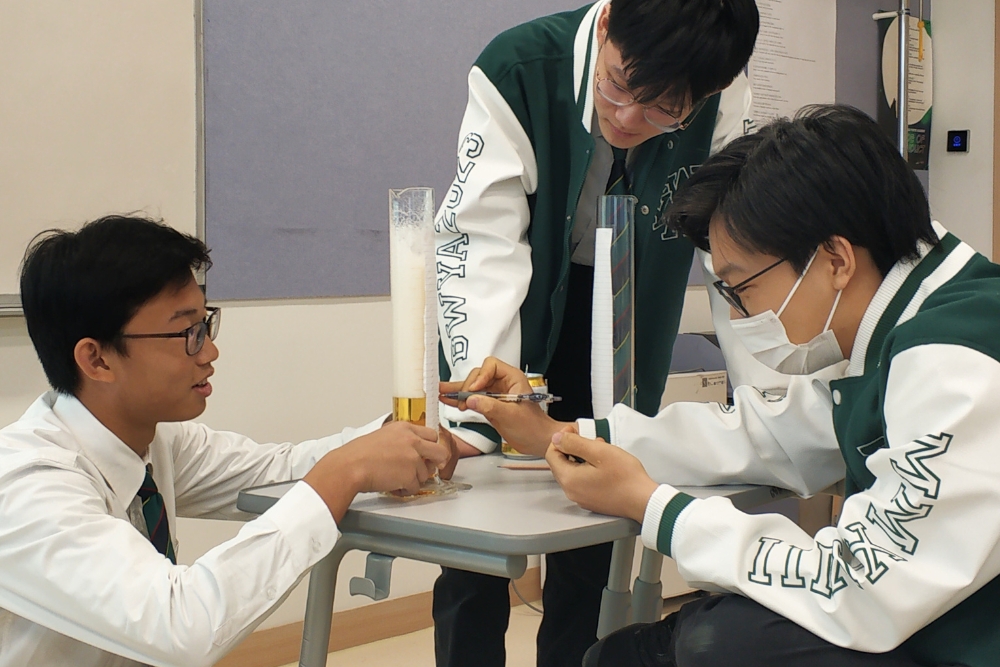
SUBJECT GROUP 5 - MATHEMATICS
Mathematics: Analysis & Approaches
Ideal for students who enjoy mathematical problem-solving and abstraction, this course covers topics like proofs, calculus, complex numbers and vectors. It emphasizes analytical approaches and mathematical rigour, suitable for those considering mathematics, engineering, or physical sciences at the university level.
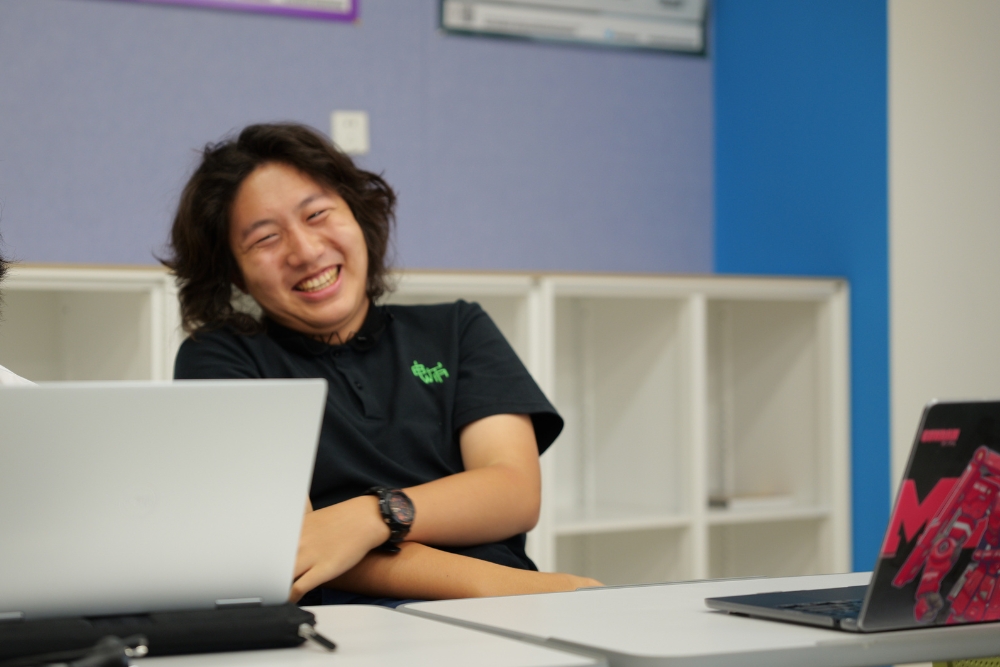
Mathematics: Applications & Interpretation
This course focuses on the practical application of mathematics, ideal for students interested in social sciences, natural sciences, statistics, business, or psychology. It emphasizes modelling and statistics, using technology to solve real-world problems and interpret complex data sets.
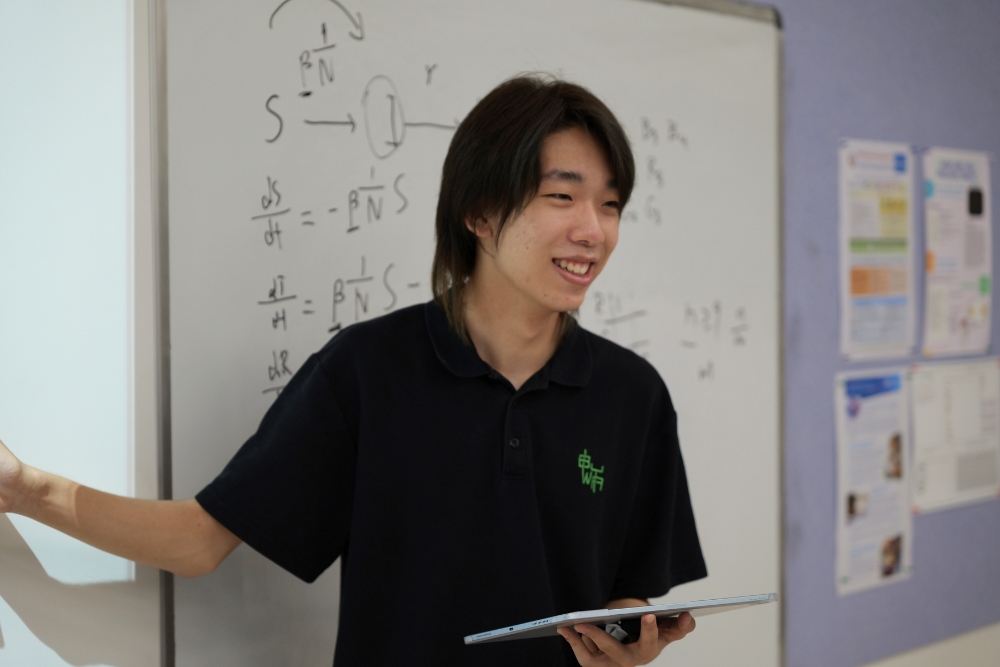
SUBJECT GROUP 6 - THE ARTS
Film
This course explores film as an art form and cultural expression. Combining film analysis, theory, and practical filmmaking, students develop critical thinking and creative skills in visual storytelling. The course includes the study of film history, genres, and the production of original short films.
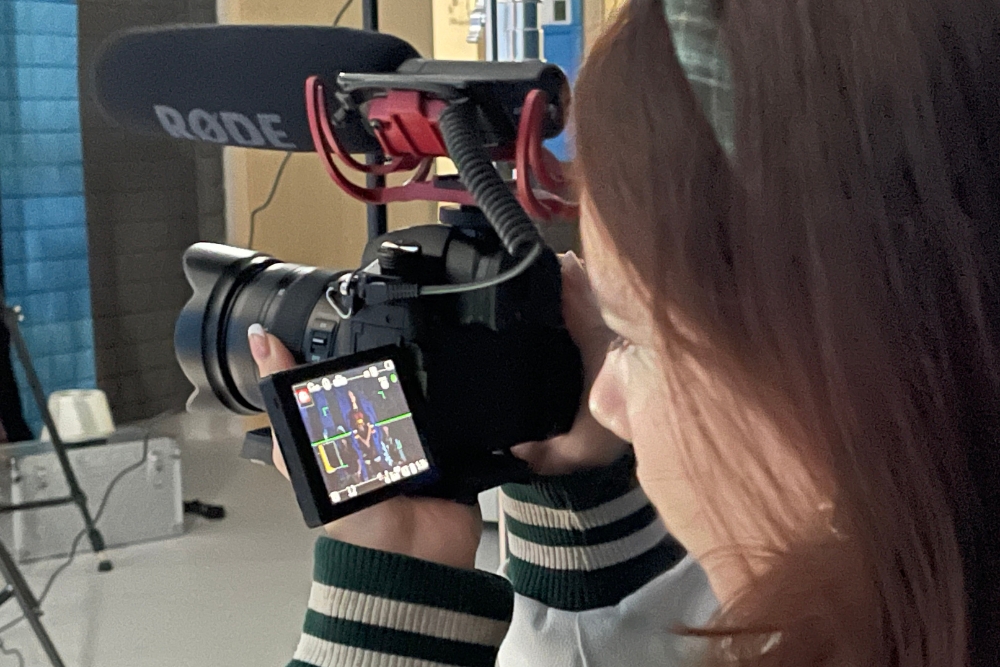
Music
Developing students’ knowledge and potential as musicians, this course combines the study of music theory, history, and culture with performance and composition. It fosters creativity and a deeper appreciation of diverse musical traditions, including Western classical, jazz, and world music.
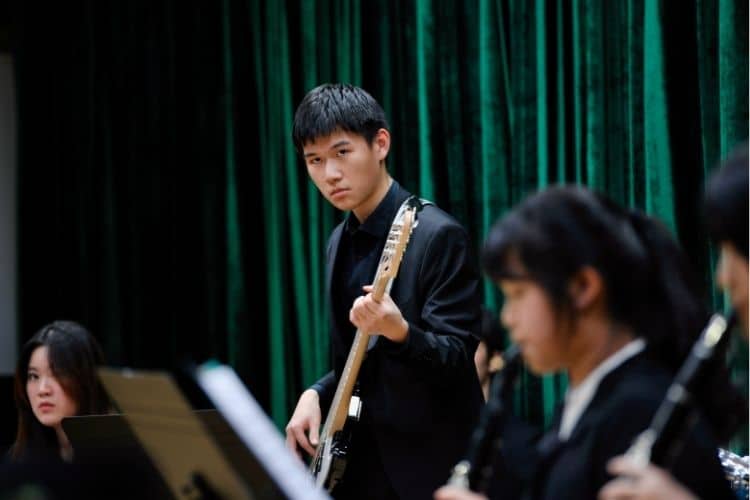
Visual Arts
Students explore various art forms and techniques, developing creative skills and a critical understanding of art. The course encourages experimentation, research, and reflection, culminating in a personal portfolio of artwork. It includes the study of art history and contemporary art practices.

CORE COMPONENTS
Theory Of Knowledge (TOK)
This interdisciplinary course, a core component of the IBDP, explores the nature of knowledge across disciplines. It encourages critical thinking about how we acquire and validate knowledge, fostering intellectual curiosity and open-mindedness. The course challenges students to reflect on diverse ways of knowing and the role of knowledge in our global society.
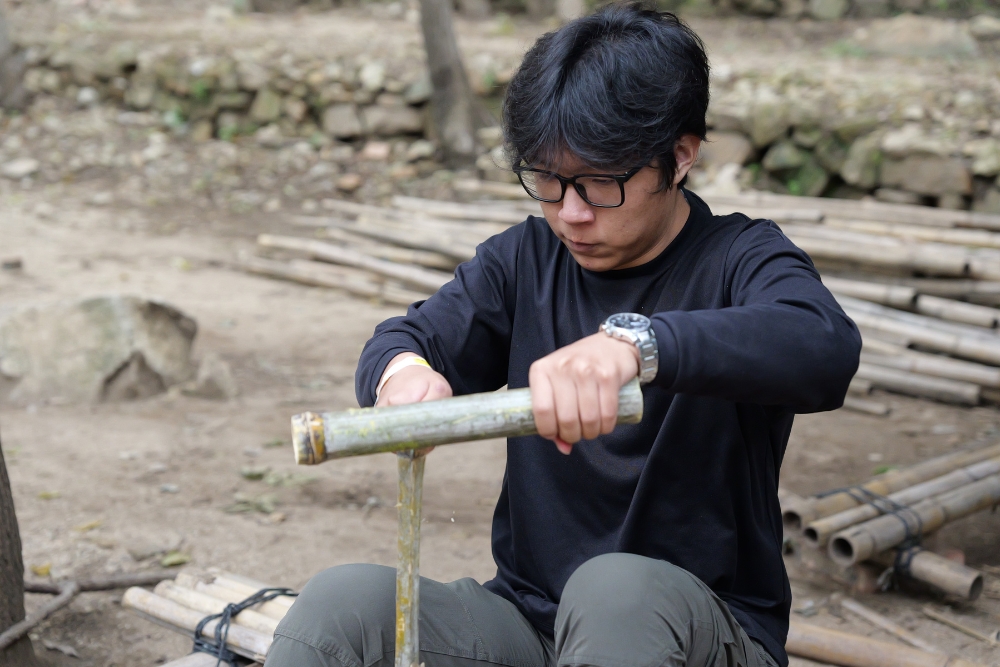
Extended Essay (EE)
An independent, in-depth research project of up to 4,000 words on a topic of the student’s choice within one of the IB subject areas that fosters intellectual curiosity and prepares students for the rigours of university-level research. The EE emphasizes critical thinking, research skills, and academic writing. Students work under the guidance of a supervisor to formulate a research question, conduct investigations, and present their findings in a structured essay.
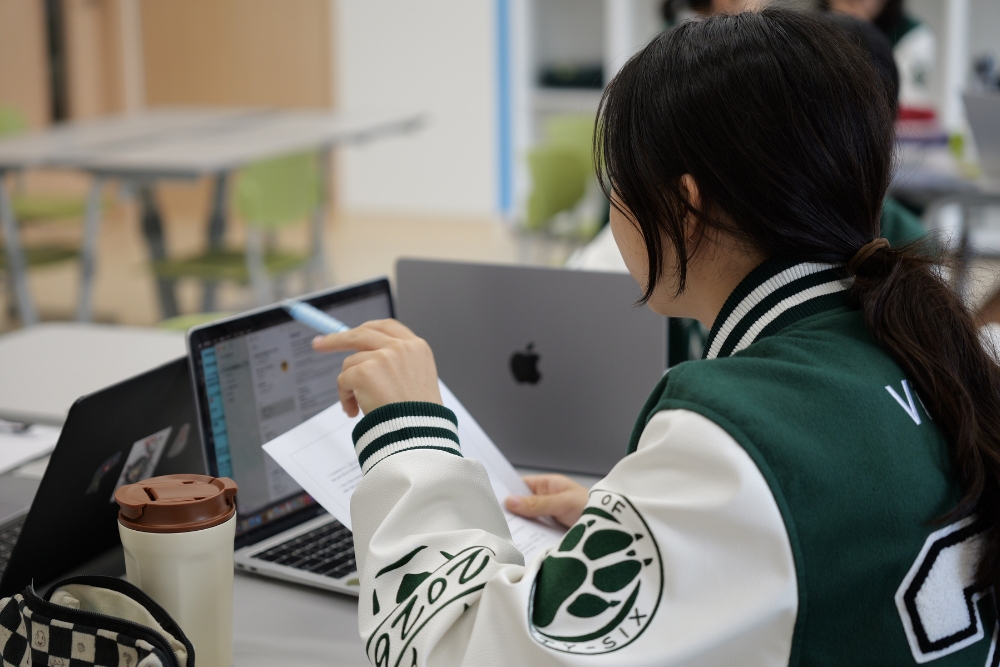
Creativity, Action, Service (CAS)
An experiential learning program that encourages students to engage in a balanced range of activities outside the classroom. Students reflect on their experiences, set personal goals, and demonstrate growth in areas such as teamwork, leadership, and self-awareness. CAS aims to develop well-rounded individuals who contribute positively to society.
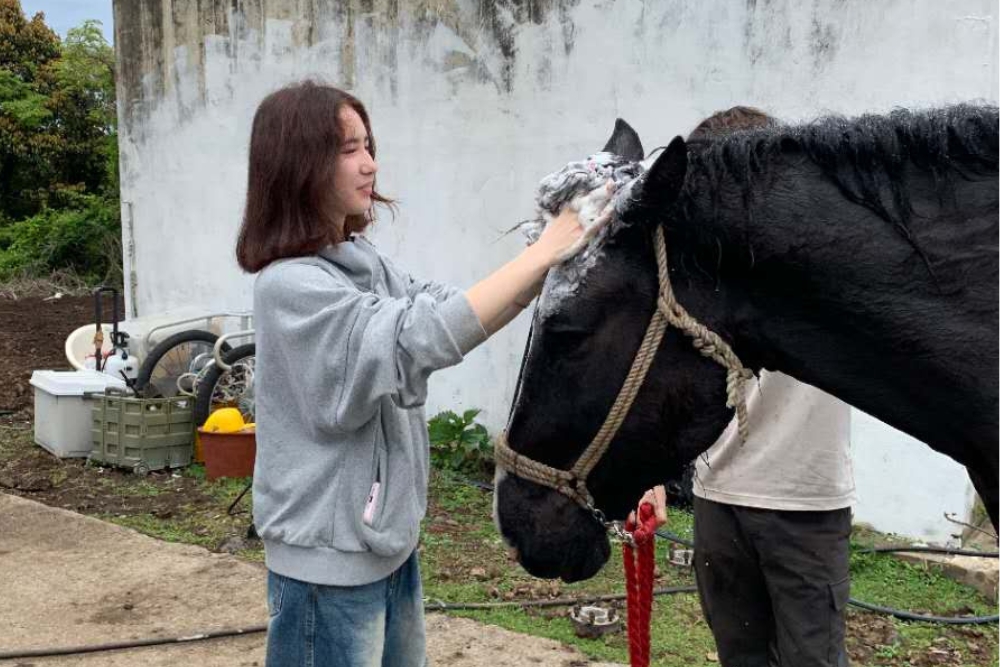
GRADING SYSTEM
Our grading system is based on the IBDP grade descriptors. We do not use four-point grade point averages (GPA), however we can generate GPA conversions upon request.
STUDENT RANKING AND INFORMATION SHARED
While we do not rank our students, we provide an estimate of the worldwide percentile full diploma students fall into based on their predicted grades and the worldwide grade distribution published in the most recent IB statistics bulletin.
In our counsellor letters, we mention which high school track each student is in. We allow exceptional students to take four subjects at higher level (HL) instead of the usual three; in the letters for these students, we mention that the course selection is more demanding than average. For full diploma students who do a literature course in a language other than English, the medium of instruction, we mention that they are eligible to receive a bilingual IB diploma.


